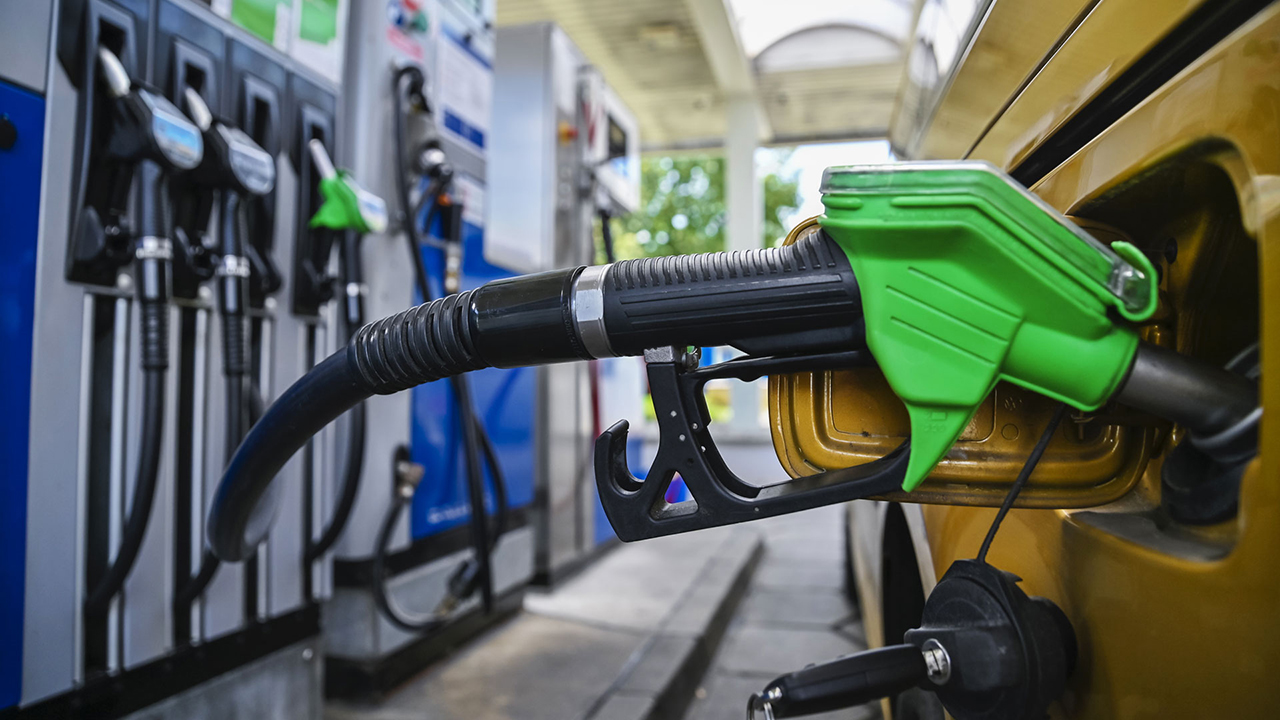In a report by Reuters, it was revealed that the seven countries opposing the ICE ban are the Czech Republic, Slovakia, Italy, Poland, Romania, Hungary, and Germany. The group recently held a meeting to discuss their opposition to the ban and to call for changes to the EU's proposal.
German transport minister Volker Wissing said in a statement that the EU's approach seems wrong, adding that there is a "climate-neutral way" to run ICE. He called for changes to the proposal, and it appears that the alliance is pushing for a separate category for ICE vehicles that can run on carbon-neutral fuels after 2035.
The EU's new legislation, which was introduced last month, requires automakers to reduce the CO2 emissions of new vehicles to zero by 2035. The law also mandates a 55 percent reduction in CO2 emissions for new cars and 50 percent for vans by 2030. The EU will eliminate its zero- and low-emission vehicle incentives by 2030.
Manufacturers that produce between 1,000 and 10,000 new cars annually will have until 2036 to comply with the new rules, while manufacturers registering fewer than 1,000 new vehicles annually could remain exempt from the regulations.
Several automakers have already started exploring alternative fuels, such as synthetic fuels and hydrogen power. Porsche and Lamborghini are among those testing these fuels, while Toyota is experimenting with hydrogen-fueled combustion engines. The Prius, equipped with this technology, is expected to be released in 2025.
Source: Reuters

